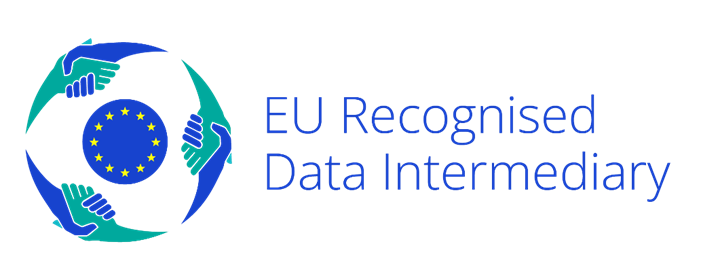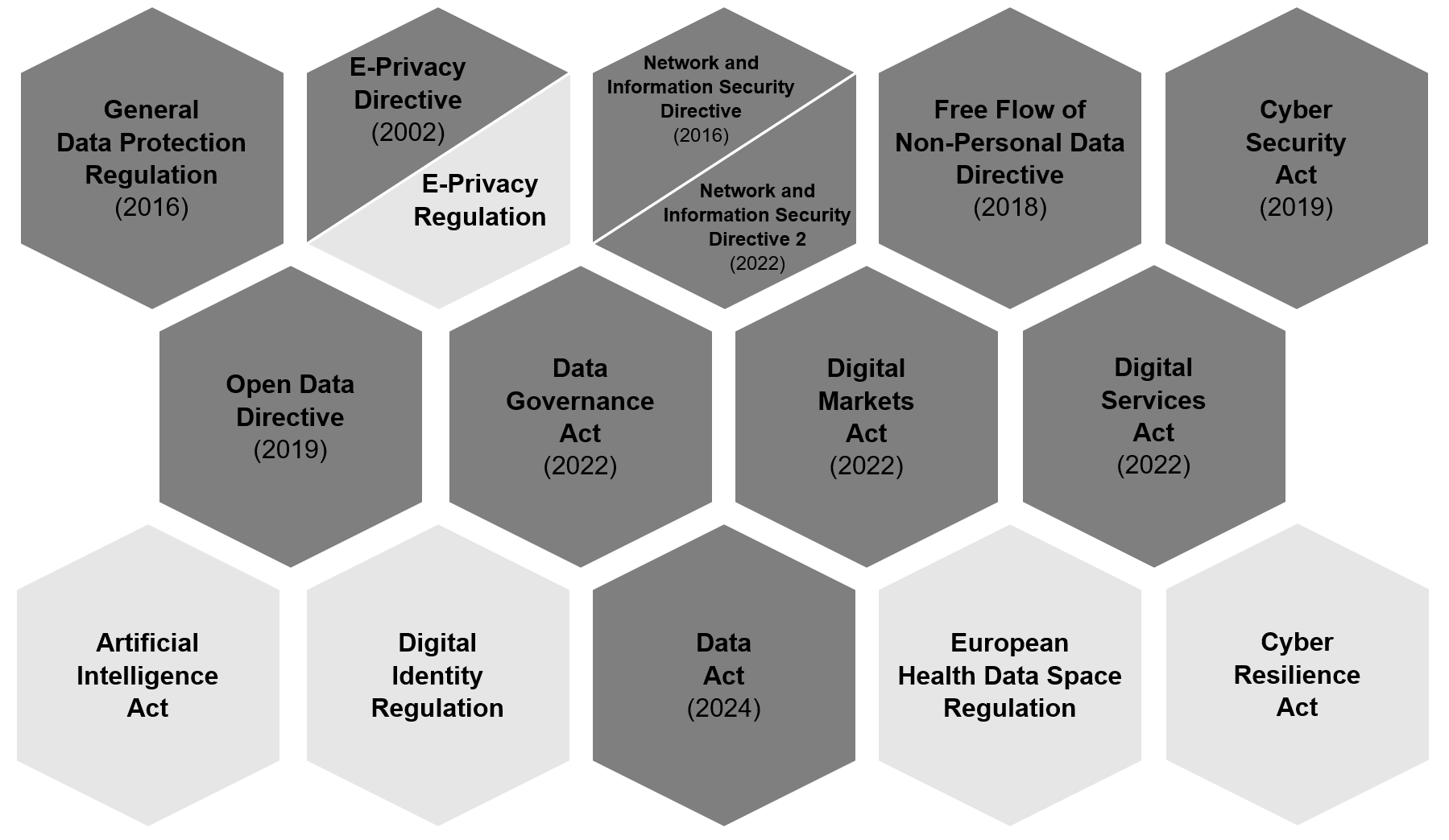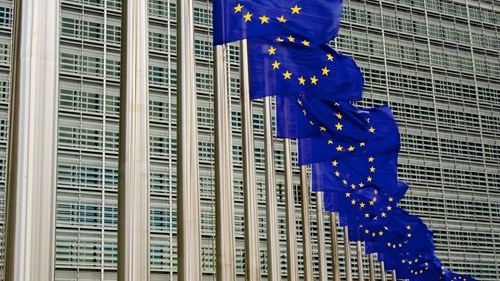Update on the Data Governance Act
It has now been almost six months since the Data Governance Act (DGA) became directly applicable law in the EU Member States. Some of the mechanisms and prerequisites for data sharing provided in the DGA have already been implemented in Germany. It’s time for an updated overview:
Background: Data Governance Act to promote data sharing
The DGA is a pillar of the European data strategy. Its goal is to increase the availability of data for commercial use, data sharing and not least for research purposes in order to give the European market a competitive advantage in data-driven innovation. We summarised the essential content of the DGA in a previous news article on the Data Governance Act.
The DGA has been in effect since 24 September 2023. Entities providing data intermediation services (Chapter III DGA) on 23 June 2022 must comply with the obligations set out in the DGA by 24 September 2025.
Implementation measures taken so far
a. Re-use of protected data held by public sector bodies
In its Chapter II, the DGA establishes several regulations for sharing protected data of public sector bodies. To support the public sector bodies, each Member State is to designate a “competent body” (Article 7 DGA) to grant (or refuse) access to re-use of data of public sector bodies. The support can take the form of technical support or advice of various kinds, for example. As of yet, no competent body has been designated for Germany (see the list published by the Commission).
To facilitate re-use of data held by public sector bodies in the internal market and beyond, the Commission has established the European Register of Protected Data held by the Public Sector (ERPD) (Article 8(4) DGA). Data that are available in the national single information point to be set up by each Member State can be accessed in this register. So far, only data from the Dutch and Czech national single information points are available. There is as yet no known national single information point for Germany.b. Data intermediation services – rules for the joint use of data
In Chapter III, the DGA defines a set of rules for providers of data intermediation services (also called “data intermediaries”) to ensure that they will function as trustworthy organisers of data sharing or pooling within the common European data spaces. Before beginning to offer their services, such data intermediaries must notify the competent authority, where the standard procedure is to review only the formal prerequisites for proper notification (Article 11 DGA). The competent authority for notification in Germany is the German Federal Network Agency (Bundesnetzagentur).
However, data intermediaries can also voluntarily request a review of whether they fulfil the conditions that substantive law places on data intermediary services providers (Article 12 DGA). Upon passing this (additional) test, the data intermediary can use the label “EU Recognised Data Intermediary” and the following logo established by the Commission:

The Commission keeps a register of data intermediation services. To date, only one data intermediary, in Finland, is listed.
c. “Data altruism”
The concept of data altruism is intended to facilitate making data available for purposes in the general interest, for example for research, combating climate change or improving public services (Chapter IV DGA). One of the ways to promote data altruism is to cause data altruistic organisations to register with the competent national authorities. In this case as well, the competent authority in Germany is the Federal Network Agency. Registered data altruistic organisations can apply for entry into the public national register (Article 19 DGA) to be established for this purpose. However, no such register seems to have been established for Germany as yet.
In addition to the national registers, the Commission keeps a public EU register of recognised data altruism organisations (Article 17 DGA). This EU register of recognised data altruism organisations already exists, but so far it only lists one Spanish data altruistic organisation.
A logo is now also available for registered data altruism organisations:
d. European Innovation Council
The Commission has already established a European Data Innovation Board (EDIB) to facilitate the sharing of best practices, in particular on data intermediation, data altruism and the use of public data that cannot be made available as open data, as well as on the prioritisation of cross-sectoral interoperability standards (Chapter VI DGA). The EDIB has met twice so far.
Conclusion
At least some of the mechanisms and conditions for data sharing found in the DGA have been implemented to date. However, it remains to be seen whether the DGA’s intended increase in data sharing will now actually materialise or whether the very extensive obligations placed on each party involved will counteract at least some of the desired effects.
Well
informed
Subscribe to our newsletter now to stay up to date on the latest developments.
Subscribe now









